- Home
- Categories
- Blogs
- About Us
- Contact Us
- © WhatAboutPets - All rights reserved.
Engage and Educate: provide engaging, accurate content on pet care, health, and wellness to inform pet owners.
Inspire Innovation: share innovative DIY projects and stories to inspire pet owners to create enriching environments for their pets.
Build Community: foster a supportive community that celebrates the bond between pets and their owners.
promote Responsibility: Advocate for responsible pet ownership and the wellbeing of all animals.
Support Conservation: highlight the importance of conservation efforts for the natural habitats of pets and wildlife.
Celebrate Diversity: encourage an appreciation for the diversity of pets, from the common to the exotic, enriching our lives and understanding.

Get the latest news and updates from us.

Can Dogs Eat Caramel? No, dogs should not eat caramel as it is not safe for their health.
Caramel is essentially melted sugar, often with added butter and milk, which makes it a highly unhealthy treat for dogs.
While not toxic, consuming caramel can lead to several health issues in dogs.
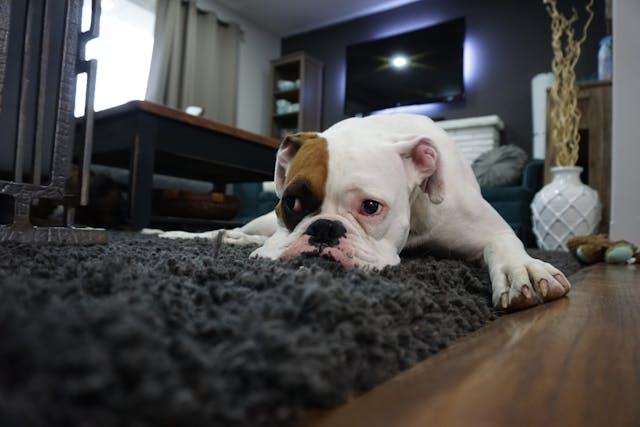
A runny nose in dogs can be caused by a variety of factors ranging from minor allergies to more serious health issues.
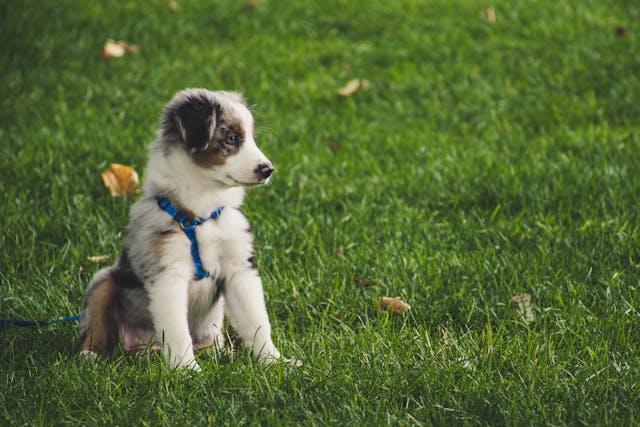
s Lemongrass Safe for Dogs? Lemongrass is not safe for dogs to ingest and can be toxic if consumed in significant amounts.
Lemongrass, a common herb used in cooking and for its aromatic properties, contains substances that can be harmful to dogs.
While it might be beneficial for humans, it poses several risks when ingested by dogs.
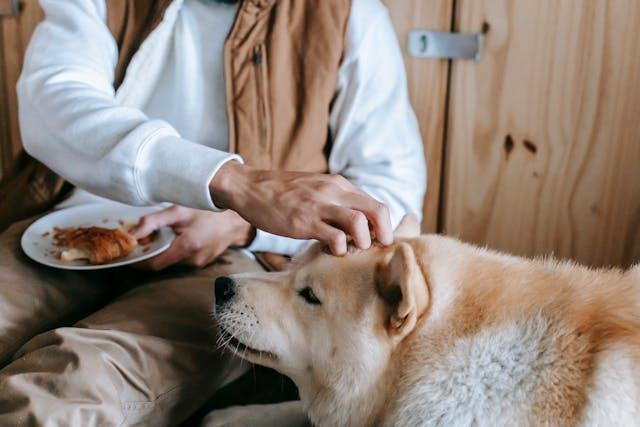
Can dogs eat tortillas? Yes, but it’s not recommended due to their low nutritional value and potential health risks.
This comprehensive guide addresses the concerns surrounding dogs consuming tortillas and similar products, offering safer and healthier alternatives to maintain a balanced diet for your furry friend.
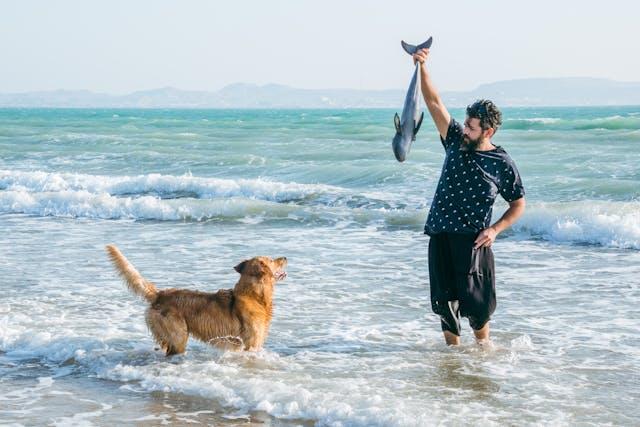
Can dogs eat tilapia? Yes, dogs can eat tilapia safely when it is cooked properly and served without bones.
We are going to explore the potential benefits and considerations of including tilapia in a dog’s diet, providing pet owners with the knowledge they need to safely diversify their pet’s meals.
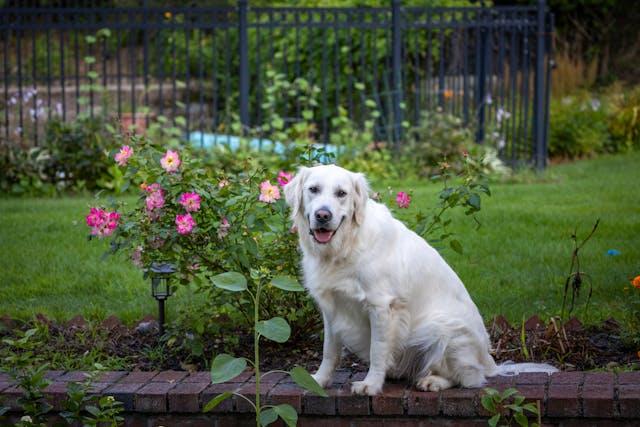
Can dogs eat rosemary? Yes, dogs can safely eat rosemary in small amounts.
This aromatic herb is not toxic to dogs and can be a beneficial addition to their diet.